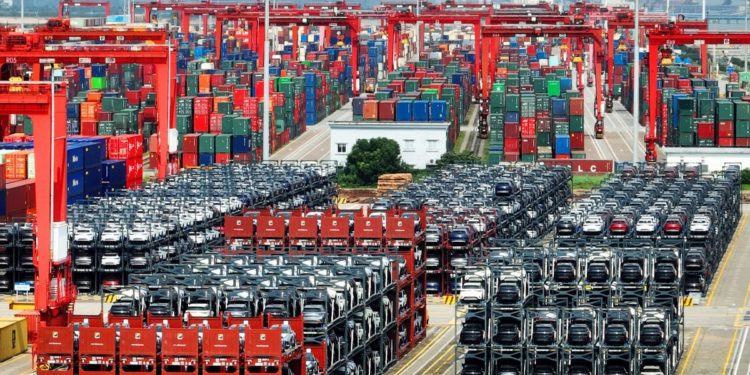The European Commission on Wednesday officially started an anti-subsidy investigation into Chinese electric vehicles, according to a notice of initiation published in the EU Official Journal.
The probe is on the Commission’s own initiative, a so-called ex-officio investigation, instead of being triggered following a formal complaint from the EU industry, as is usually the case. It was announced by Commission President Ursula von der Leyen in her State of the European Union address last month, when she warned that global markets were being “flooded” with cheaper Chinese electric cars.
The investigation followed pressure from the French government, which is pushing to strengthen Europe’s industrial defenses against China’s fast-growing electric vehicle industry. But it has sparked concern in Germany, whose auto industry is heavily exposed to the Chinese market, that Beijing could retaliate — sparking a tit-for-tat cycle that could escalate into a full-scale trade war.
The notice is the first official step in the probe. Brussels will investigate imports of new battery-powered passenger electric vehicles made in China, regardless of whether they are Chinese or European brands. Those probes happen when a foreign country is suspected of subsidizing products in a way that harms European industry — as EU executive believes to be the case.
The Commission will now seek reactions from the Chinese government and the companies concerned.
In a first public comment, the Chinese commerce ministry rebuked the EU, saying its demand to participate in consultations within a very short period of time was a severe infringement of its rights. Beijing also complained that it had not been given adequate consultation materials.
In the probe, it would be up to the Commission to prove whether car exporters received subsidies from the Chinese government during a specific time period and whether these subsidies were harmful to European industry.
Now, the clock officially begins to tick. Provisional tariffs would have to be imposed within nine months, while definitive tariffs should be triggered at most 13 months after the start of the probe.

